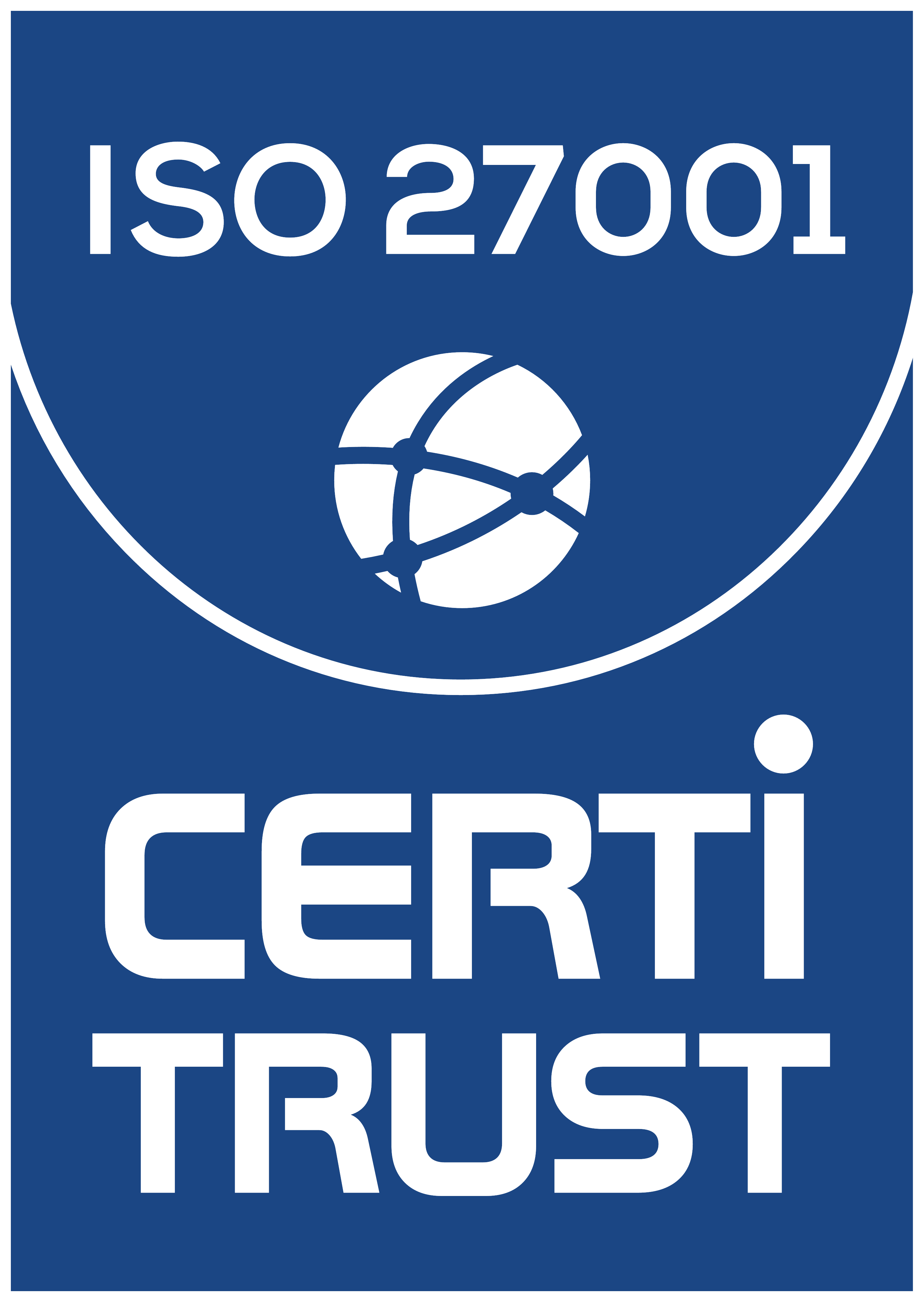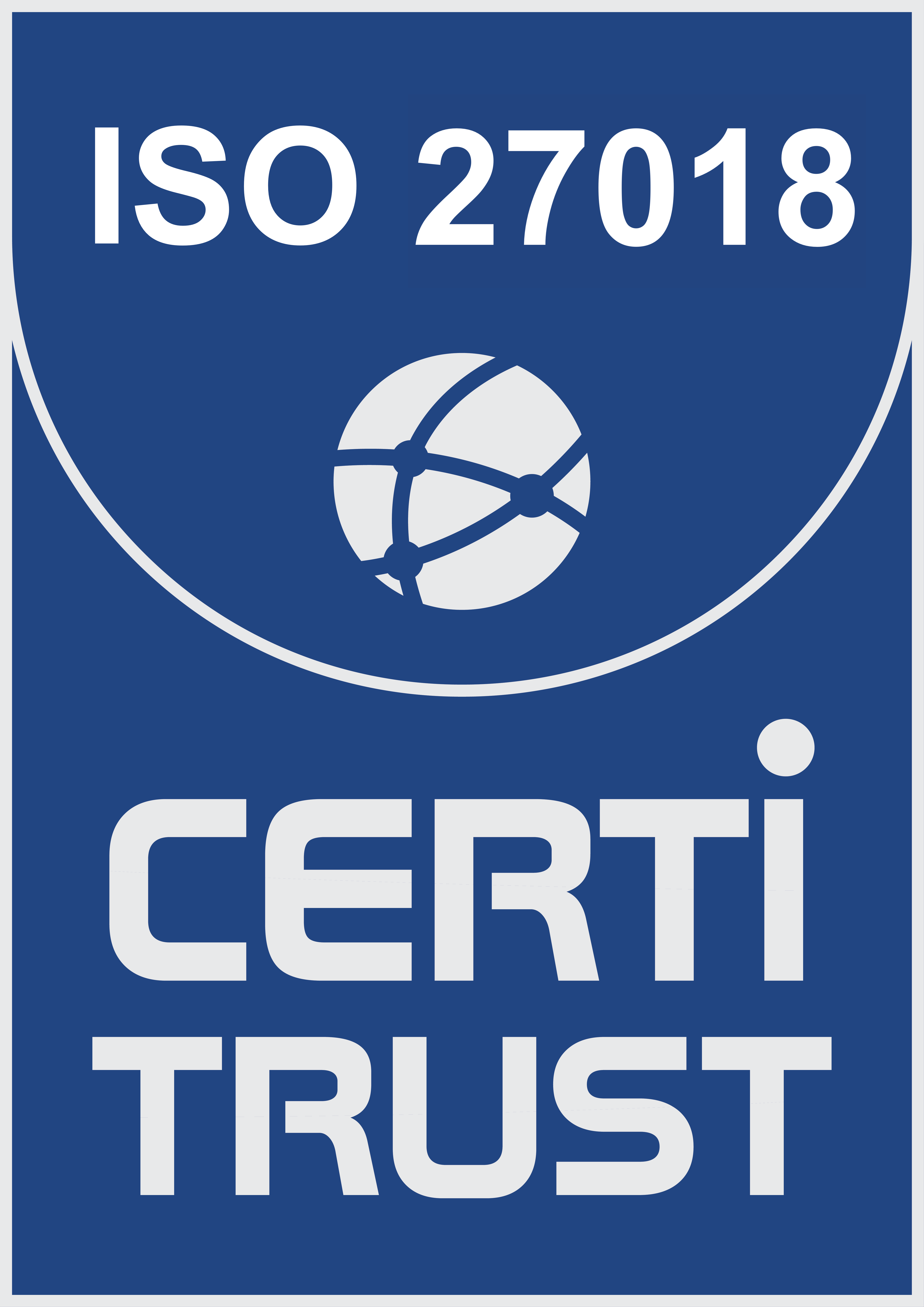Compliance: A Growth Accelerator for Intermediate-sized companies
Compliance: A Growth Accelerator for
Intermediate-sized companies
By Smart Global Governance’s Scientific Committee
September 27, 2023
The claim that compliance can be a growth accelerator for Intermediate-sized companies may seem counterintuitive. However, this was one of the conclusions reached by the Scientific Committee of Smart Global Governance in the preparation of its second White Paper dedicated to Intermediate-sized companies.
If we define compliance as the set of rules a company sets for itself to ensure it meets both its legal obligations and the expectations of civil society, one might legitimately wonder how an increase in procedures in an Intermediate-sized company, wholly focused on the speed of its development, can enhance its growth.
And yet…
The Three Growth Factors That Call for a Compliance Program
An Intermediate-sized company is often a business driven by a strong desire for growth, and three factors can accelerate this growth, all of which are tied to a compliance requirement.
Development of business ties
The first growth acceleration factor is the development of business ties, such as partnerships or suppliers, with large corporations. These corporations have compliance obligations that extend to their third parties. Thus, Intermediate-sized companies are encouraged to demonstrate that they have implemented a compliance policy in line with the requirements of these large corporations. Having a well-documented compliance program therefore becomes a competitive advantage when qualifying for business with these large corporations.
Financing growth
The second growth acceleration factor is related to financing. There comes a time when the Intermediate-sized companies can no longer finance its own growth and must seek either external investors or bank financing. Having a compliance program quickly reassures potential investors about the control of compliance risks associated with the development of business operations, and thus attests to the quality of the revenue.
Attract and retain talents as the company grows
The third growth acceleration factor is the Intermediate-sized company’s ability to attract and retain talents as it develops. Salaries and working conditions are of course crucial. However, members of the Scientific Committee have highlighted that the ethical commitments of the management team, compliance with legal obligations, and the alignment of operational and commercial practices with the demands of civil society are now among the legitimate expectations of employees. A visible compliance program in the company’s strategy is now part of the motivation criteria for existing employees and those being recruited.
Compliance as a Governance Strategy for Intermediate-sized companies
Within an Intermediate-sized company, deploying compliance is straightforward. For an organization fundamentally focused on its commercial development, this might seem paradoxical.
However, four characteristic elements of Intermediate-sized companies greatly facilitate this deployment.
- Firstly, the leaders of an Intermediate-sized company are acutely aware of the importance of reputation in the development of their business. They quickly understand that compliance is a way to formalize their ethical beliefs and immediately see how they can naturally integrate it into the company’s strategy.
- Secondly, within an Intermediate-sized company, decision-making circuits are short, especially when it comes to the allocation of adequate resources in line with objectives. This allows for a swift implementation of the compliance program.
- Thirdly, in an Intermediate-sized company, compliance naturally integrates into operations. Indeed, as the leaders of Intermediate-sized companies are primarily entrepreneurs, they understand better than anyone that compliance should not be an additional administrative layer. They know how to ensure that compliance naturally accompanies business processes without slowing them down.
- Lastly, the deployment of compliance easily builds on the motivation of employees. Employees of an Intermediate-sized company are particularly inclined to smartly implement compliance when they understand it has the unconditional support of the leaders – whom they often know personally – that it fits within the company’s strategy, and that it is designed operationally with simple and sensible procedures.
Digitalization of Compliance as a Means of Company Valuation
Many Intermediate-sized companies derive their growth strength from the digitalization of their processes, allowing them to be even more agile while minimizing their management costs.
Indeed, Intermediate-sized companies often stand out for their capacity for innovation, their openness to change, and the adaptability of their skills as well as their organization. They are naturally open to digitalizing all their activities: from marketing to customer management, from tracking purchasing mechanisms to the sales process, from accounting to financial forecasts, from recruitment procedures to human resource management…
What’s true for the digitalization of company management is equally true for compliance, especially since, in Intermediate-sized companies, compliance is, as we’ve seen, naturally integrated into daily operations.
Digitalization allows for optimization of compliance management costs by capitalizing on existing databases and avoiding redundant data entry. But digitalization primarily facilitates ease of monitoring and reporting.
An Intermediate-sized company that has digitalized its compliance can thus provide an instantaneous account, whether it’s for a client, an NGO, a bank, and even more so for a potential investor or buyer.
Indeed, in the context of a capital increase or its sale, the digitalization of compliance, which allows a third party to verify its materiality in all its aspects, is evidently a major element in company valuation: it attests to the sincerity of the revenue as much as the integrity values of the leaders.
You might also be interested in







